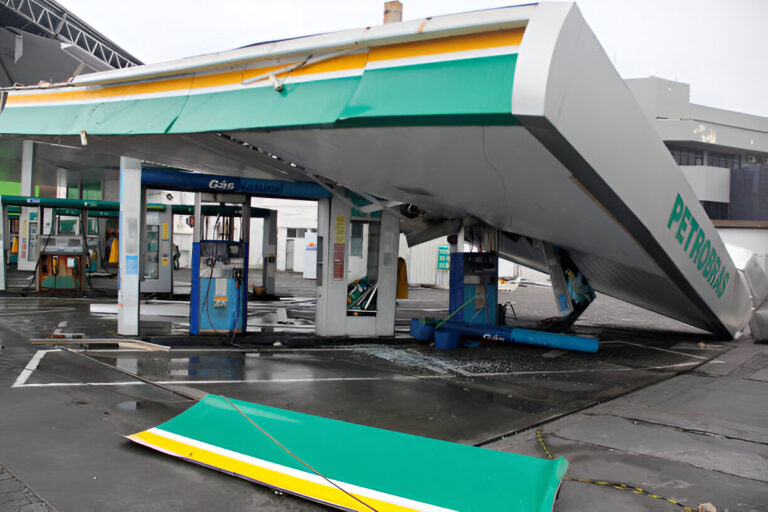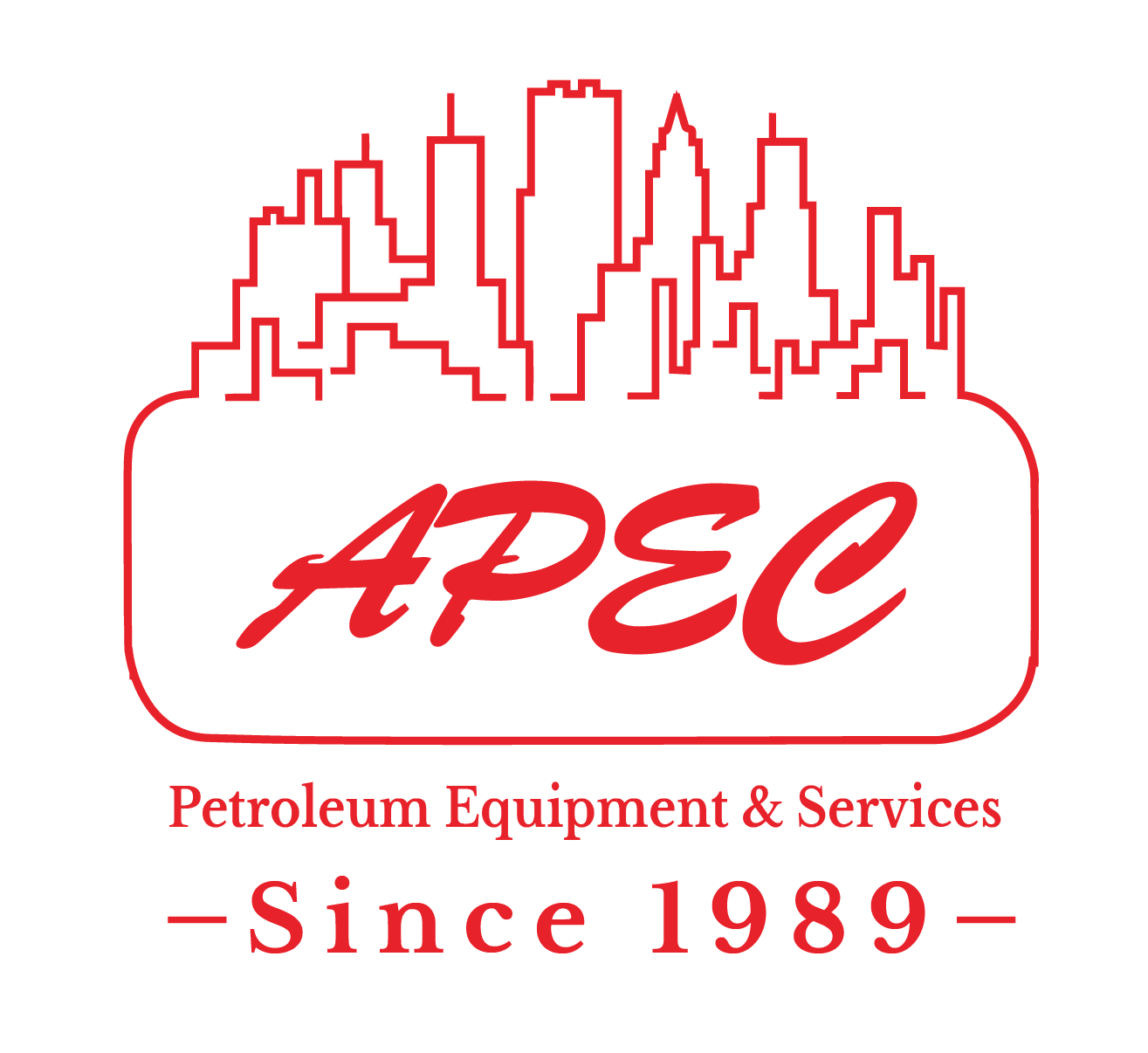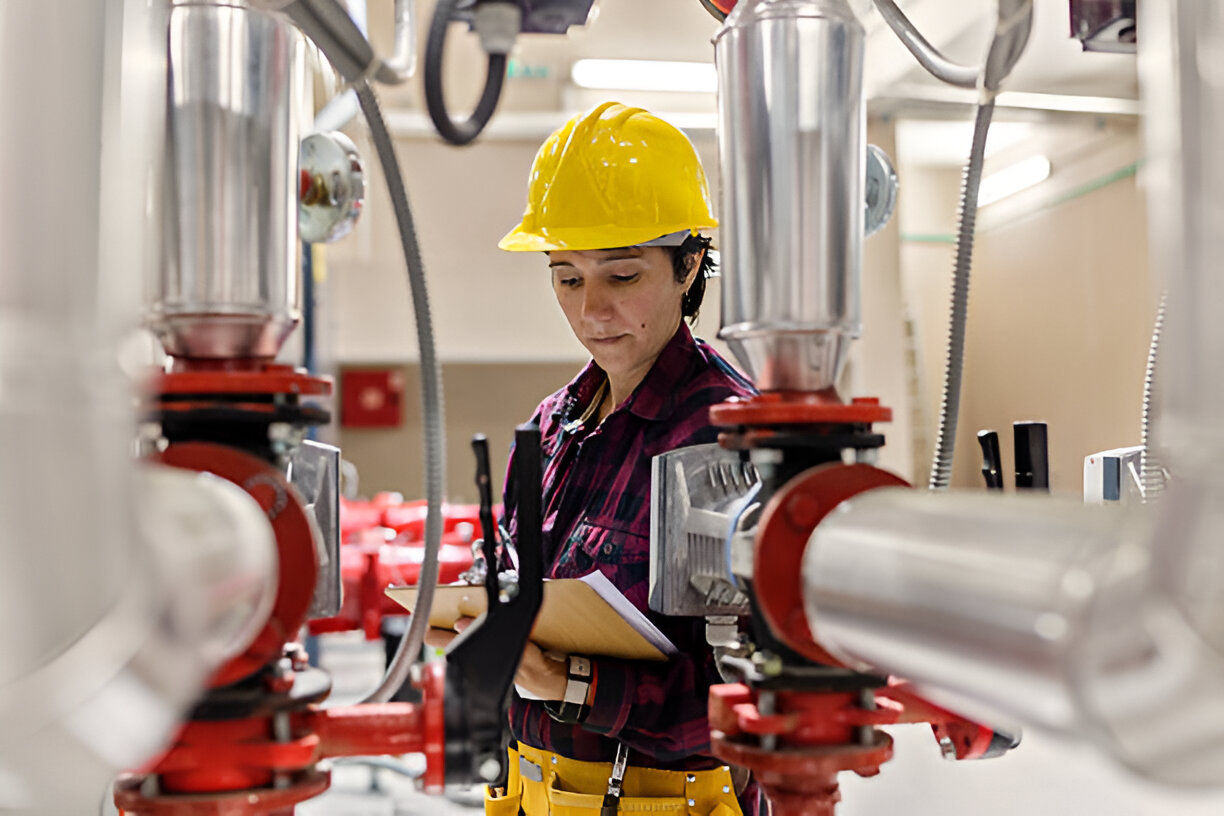Best Gas Station Inspections: Ensuring Safety and Compliance
Why Gas Station Inspections Are Essential
Gas station inspections are crucial for a variety of reasons. First and foremost, they help ensure the safety of both your employees and customers. Handling fuel is inherently risky, and even minor oversights can lead to accidents, leaks, or environmental hazards. Regular inspections keep you aware of any issues before they become serious problems.
Additionally, inspections help you stay compliant with state and federal regulations. Non-compliance can lead to fines, costly repairs, or even the closure of your business. By proactively scheduling and passing gas station inspections, you’re keeping your business safe and protecting your investment.
Key Components of a Gas Station Inspectionl
1. Fuel Pump and Dispenser Inspection
One of the primary areas a gas station inspector will examine is your fuel pump and dispenser system. Inspectors will look for issues like leaks, faulty connections, and whether your pumps deliver the correct fuel amount. Ensuring that your fuel pumps are in good working order not only prevents losses but also helps maintain customer satisfaction.
What Inspectors Check:
– Leaks or spillage around pumps
– Correct fuel grade delivery
– Calibration accuracy (ensures customers are getting the right amount of fuel)
– Condition of hoses and nozzles
2. Underground Storage Tanks (UST) and Fuel System
Underground storage tanks are another critical component that inspectors will assess. These tanks, which hold your fuel, can be prone to leaks and corrosion over time. If not monitored, fuel leaks can lead to environmental damage and severe legal consequences.
What Inspectors Check:
– Signs of corrosion or potential leaks
– Proper tank monitoring systems in place
– Tank linings and overfill protection systems
– Proper venting and piping connections
3. Electrical Systems and Safety Mechanisms
Your gas station’s electrical systems are vital to its daily operation. Inspectors will check that all electrical components, especially those connected to the fuel system, are up to code and working properly. Malfunctioning electrical systems can be dangerous and lead to fires or explosions, particularly around highly flammable fuel.
What Inspectors Check:
– Wiring around fuel pumps and storage areas
– Grounding of electrical systems
– Functionality of emergency shutoff systems
– Proper labeling of all electrical switches
4. Environmental and Safety Compliance
Gas stations need to comply with environmental standards to prevent issues like soil contamination and air pollution. Inspectors will look for evidence that your station complies with all environmental laws, particularly those governing air quality and spill prevention.
What Inspectors Check:
– Spill prevention equipment and procedures
– Secondary containment for leaks
– Vapor recovery systems for fuel pumps
– Adherence to environmental disposal regulations

How to Prepare for a Gas Station Inspection
1. Perform Routine Maintenance
Regular maintenance of your equipment is essential. Before your inspection, check that your fuel dispensers, electrical systems, and underground tanks are functioning properly. Having a maintenance schedule in place helps ensure your equipment is always in good working order.
2. Keep Records Updated
Always have your inspection station and maintenance records available for review. Inspectors will likely ask to see records of past inspections, repairs, and any upgrades you’ve made to your systems.
3. Train Your Staff
Your staff should be trained to handle inspections and to operate all safety systems. Make sure they know how to use emergency shutoff systems and that they’re familiar with safety protocols. Well-trained staff can help ensure the inspection process goes smoothly.
Common Issues That Lead to Inspection Failures
1. Lack of Routine Maintenance
Failing to perform routine maintenance is one of the most common reasons gas stations fail inspections. A small problem, like a leaking fuel pump or corroded underground tank, can lead to larger issues over time.
2. Inadequate Record Keeping
Keeping proper records is essential for proving compliance. Make sure you log all repairs, inspections, and upgrades. Missing or incomplete records can be a red flag for inspectors.
3. Non-Compliance with Environmental Standards
Not adhering to environmental guidelines can lead to hefty fines and potential closure. Ensure your station complies with all fuel inspection and environmental regulations by regularly checking systems and updating equipment.
Conclusion
Gas station inspections are an essential part of running a safe and successful business. From fuel pumps to underground tanks and electrical systems, there are numerous areas that require regular maintenance and monitoring. By preparing your station, maintaining equipment, and keeping up with regulatory compliance, you can ensure that your gas station passes inspections with ease. Regular inspections help you stay compliant, avoid costly fines, and ensure the safety of your customers and employees.




